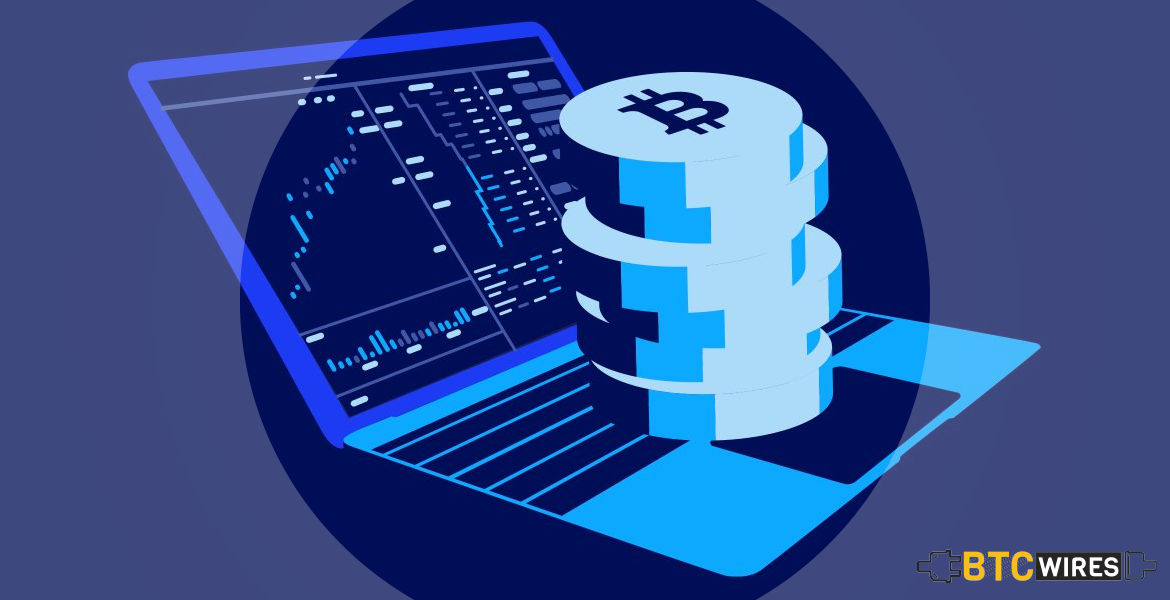Foreign exchange, or forex trading, can be expensive at times.

Foreign exchange, or forex trading, can be expensive at times. The transaction charges for cross border trading often amount up to an awful lot. However, it looks like blockchain technology can be considered as a viable solution to that.
HSBC, the banking giant, has recently disclosed to the public, how their blockchain-powered platform helped the London based company, save major money on foreign exchange (forex) trade settlement.
Launched back in Feb 2018, the blockchain based platform allows HSBC to manage payments efficiently in real time, across its trading hubs in the Americas, Europe and Asia Pacific. The system is called “FX Everywhere.” It has so far resulted in a cost reduction of 25 percent for the banking giant.
The distributed, but permissioned ledger that the system is based on is exemplary in effectively demonstrating the use of blockchain technology by a major institution dealing majorly in fiat currency.
Mark Williamson, the chief operating officer of forex cash trading and risk management at HSBC, told Reuters that the bank processes approximately between 3,500 and 5,000 trades every single day via this blockchain platform.
Williamson believes that these trades worth billions just go on to show that,
“[w]e’re going at a pace now […] this is not a one-off proof of concept or just one or two trades.”
However, Williamson was careful not to blurt out the overall volume or value of forex trades, which the bank settles. He was quick to mention that the blockchain powered settlements represented a small fraction of the total number.
Blockchain allows the bank to settle “billions of dollars” worth of payments regularly, and also effectively eliminates any risks associated with these transactions. Williamson further added:
“The more participants that you have joining the HSBC shared permissioned ledger and the ecosystem, the more efficient we’re going to become in providing services to our clients.”
As of January’s update on FX Everywhere, the platform had already handled 3 million transactions (150,000 payments) — worth $250 billion.

